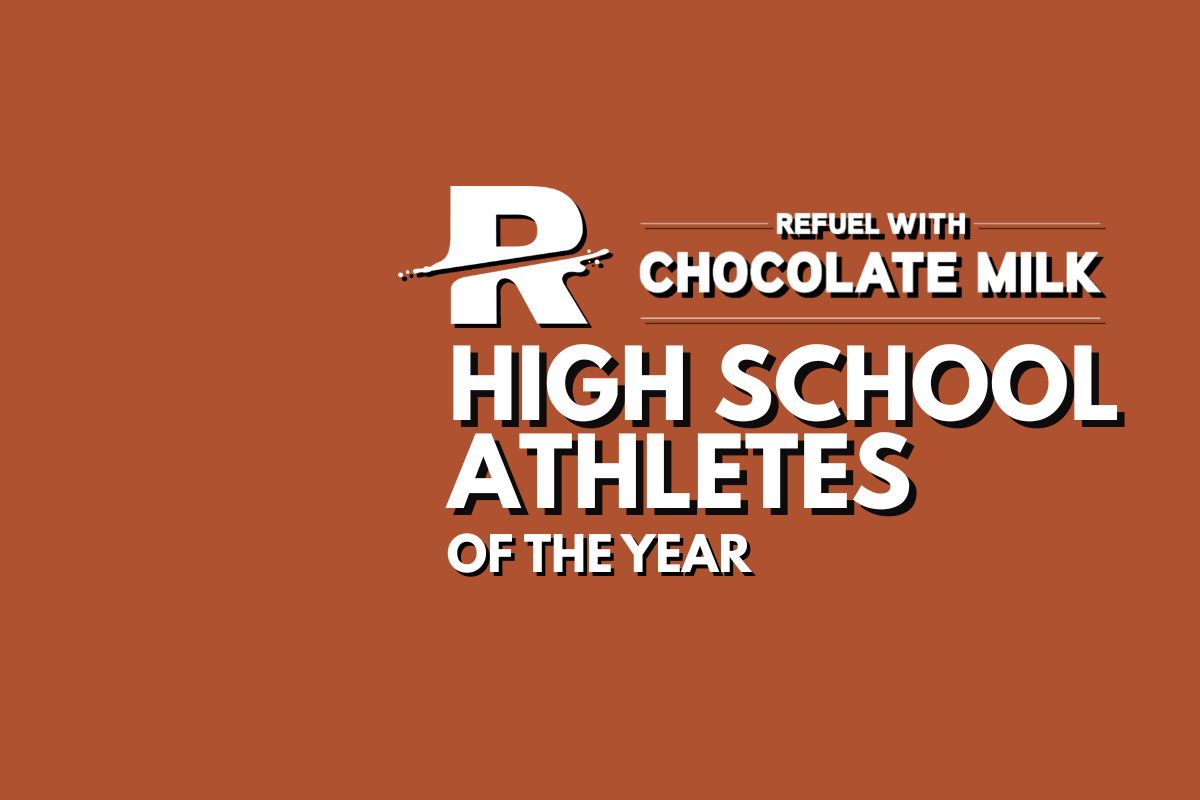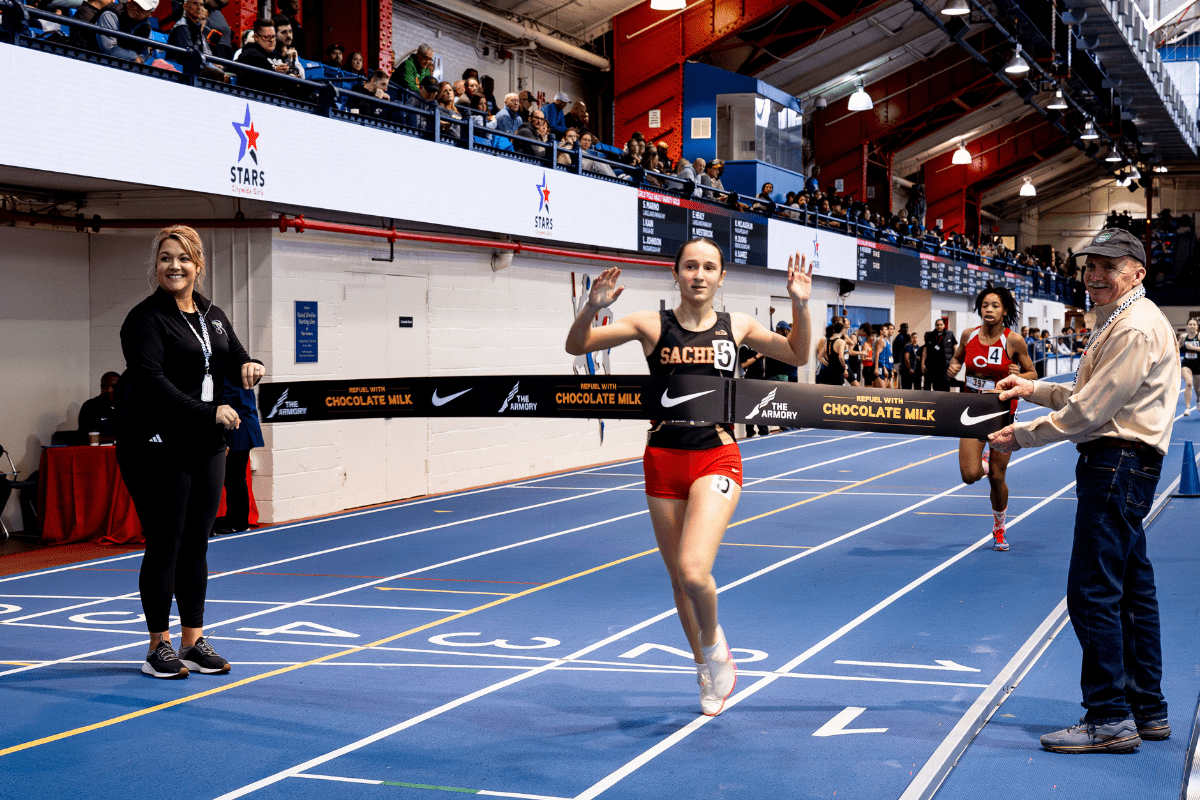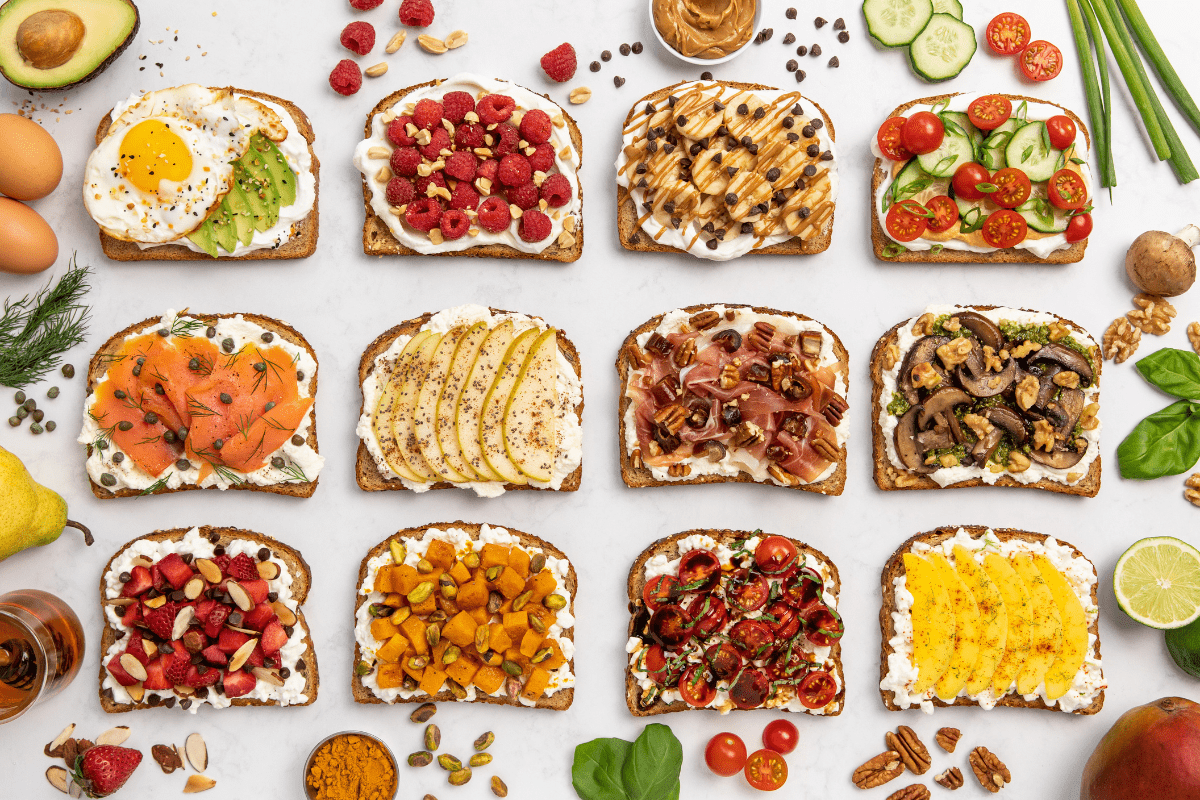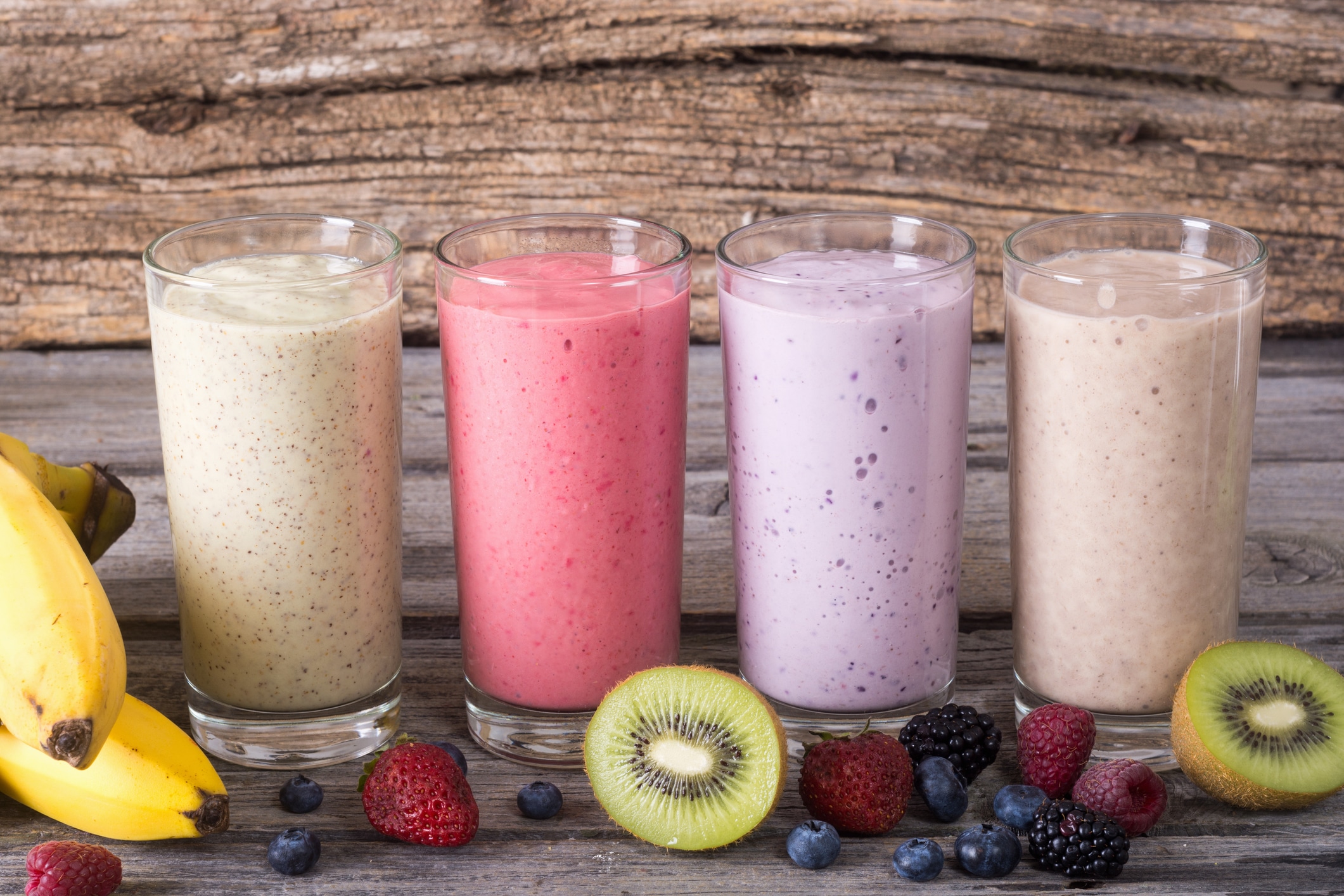The phenomenon of year-round sports seasons is nothing new to swim families. Many student athletes who participate in swimming have been kicking and pulling year-round since they were in elementary school. There are opportunities for club and competitive swimming throughout most of the calendar year, with a competitive high school season embedded right in the middle.
Most student athlete swimmers practice five to six days per week, often with morning practices or weight training sessions multiple days of the week. Weekends may involve multi-day swim meets that begin on Friday night and continue most of Saturday and Sunday. Swim events cover a wide range of intensity and duration, from short, powerful 50-meter sprints up to long-distance endurance events like the 1500-meter race.
A typical swim meet consists of a 30-minute warm up, then a period of waiting until the meet begins. The event length varies based on the type of meet. Swim club meets generally last four to six hours or more. A high school dual meet, where two teams compete against each other, typically takes 90 minutes to two hours. Larger, multi-team invitational meets may last an entire morning or afternoon, or may have a preliminary meet in the morning followed by a finals meet in the evening.
Nutrition Recommendations for Swimming
Swimming is an endurance sport consisting of one or more hours of moderate to high intensity training, most days of the week. It is unique from other sports in that it is an entire full-body, cardiovascular workout. Additionally, water creates resistance and pressure, making the body work harder than it would on land. The physical demands of swimming, combined with year-round practices and multi-day competitions, result in significant energy expenditure that needs attention on a daily basis. A solid daily sports nutrition plan, combined with smart pre- and post-workout fueling, can make the difference between a mediocre and an excellent swim performance.
Carbohydrates
The primary fuel source used by swimmers is carbohydrate. During training and competition, the recommended intake is between 7 and 12 grams of carbohydrate per kilogram of body weight, per day. For a 150-pound (68 kg) student athlete, that equates to between 476 and 812 grams of carbohydrate a day. When determining carbohydrate needs, it’s important to consider the needs of each swimmer individually. Intensity, duration, individual goals and level of training all impact total carbohydrate intake. “During the season when training volume and intensity are highest, fruits, vegetables, beans, pasta and other complex carbohydrates should be staples at each meal and snack to meet the higher part of that range.”
Protein and Fat
The energy and nutrient needs of swimmers are very high, and eating a well-balanced diet is critical. This includes getting adequate protein and dietary fats. Swimmers should aim to consume between 1.2 and 1.7 grams of protein, per kilogram of body weight, per day. For a 150-pound swimmer, that equates to between 82-116 grams and should be evenly distributed between multiple meals and snacks.
The recommended intake for fat is around 1 gram per kg of body weight, per day, which means a 150-pound swimmer will need at least 68 grams of fat each day. That recommendation, however, is based on the minimal amount that should be consumed for a 150-pound student athlete. Many swimmers will need more in order to meet their daily energy requirements.
To meet daily nutritional requirements, swimmers will need to eat frequent meals and snacks. The following chart is an example of how a 150-pound (68 kg) swimmer can distribute their daily carbohydrate, protein and fat intake over the course of a day.
Daily Nutritional Requirements for Swimming
| Based on a 150 lb. Student-Athlete (68 kg) | ||||
| Carbohydrate | Protein | Fat | ||
| Daily Requirements | 7-12 g/kg/d | (1.2-1.7 g/kg/d) | ~1 g/kg/d or the remainder of calories to meet daily energy requirement | |
| Daily Total | 476-812 grams/day | 82-116 grams/day | at least 68 grams per day but varies based on daily calorie requirement | |
| Per Meal (3 Meals/Day) | 115- 180 g | 25-30 g | ~20 grams | |
| Per Snack (3 Snacks/Day) | 45-60 g | 10-20 g | 5-15 grams | |
Source: Sports Nutrition: A Handbook for Professionals
Fluid Needs
Although swimmers are immersed in water for much of their practice and competition, they still need to focus on drinking adequate fluid to maintain proper hydration. Even a slight level of dehydration will make the effort of swimming feel more difficult. Swimmers compete in both indoor and outdoor venues, which present different challenges in terms of hydration. Both can be warm, causing increased sweat loss. However, outdoor competitions during the hot and humid summer months put swimmers at the greatest risk for significant fluid losses. It’s essential to have a water bottle nearby to sip throughout long competition days. Sports drinks, chocolate milk, smoothies, popsicles and water-rich fruits and vegetables can also help keep swimmers hydrated. For more hydration tips click here.
Fueling and Hydrating – Before, During and After Training and Competitions
Swimmers rely on stored carbohydrate, known as glycogen, to perform their best at practice and training sessions. It is the primary fuel used by working muscles and is also used to maintain normal blood sugar levels during the day and while sleeping. Because glycogen stores are used at a low rate throughout the night, levels can be low in the morning. That makes eating or drinking a carbohydrate-rich meal or snack highly important for swimmers with early morning practice. Student swimmers may also need to sip a carbohydrate-rich beverage during swimming and should be sure to refuel and rehydrate once practice is over.
Before
Pre- Training
Swimming practice is often held in the morning, before school starts, which makes it a super early start for students. That also makes properly fueling and hydrating a challenge. If it’s too early for solid food, liquid nutrition can be a great way to get the carbohydrates needed to fuel practice. The same holds true for weekend competitions. Make a smoothie or grab a bottle of chocolate milk or juice as you head out the door. If you prefer solid foods, toast, cereal, oatmeal or a banana are quick and easy morning options. If your practice is right after school, you have more time to focus on getting the right nutrition. Be sure to eat regular meals throughout the day, and pack snacks that you can eat during the school day and after school. You can find some great pre-workout/pre-competition snack ideas here.
During
During Training
Eating and drinking during swim meets shouldn’t be a problem, since swimmers have plenty of time to snack and hydrate between events. Practice, however, is another story. Student swimmers often spend the entire practice in the pool, making it difficult to eat or drink anything. Taking fluid breaks, however, is critical to minimize fluid losses. Place a water bottle on the side of the pool and take sips as often as possible. Heavy sweaters or those who need additional carbohydrate and electrolytes may benefit from a sports drink.
After
Post Training/Competition
Refueling with carbohydrate-rich foods and beverages is essential to replete glycogen stores for the next day’s workout. Including protein as part of the recovery meal and snack will help repair muscles. Ideally, you’ll want a meal or snack within 30-45 minutes of finishing a workout. Student swimmers who have a commute or delay in getting home for a meal should take something along to practice, like portable, on-the-go foods and fluids. Pack a small cooler with a yogurt, peanut butter and jelly sandwich or chocolate milk. Chocolate milk is a great option since it provides the carbohydrate, protein, fluids and some electrolytes all in one. You can check out easy refueling ideas here.
Fueling and Hydrating for Half-Day or Full-Day Swim Meets
Preliminary or final meets can last from a half to a full day, requiring more attention to hydration and total daily calorie intake throughout the day. For full-day swim meets, student athletes should pay attention to what they consume the night before as carbohydrates will be a valuable fuel source for the next day. An example of what to eat the night before is 4 ounces of lean protein, like chicken or fish, 1 ½ cups of whole grain pasta or brown rice, 1 cup of steamed or roasted vegetables, a piece of fruit and 1 cup of milk or water.
The day of the meet, pack enough food to keep your body well-fueled and hydrated all day long. That means a full breakfast and lunch as well as extra fluids and carbohydrate-rich snacks for before, during and after events.
A great breakfast option could be overnight oats made with ½ cup old-fashioned oats, Greek yogurt, skim milk and fruit. For lunch, pack a sandwich made with 3 ounces lean protein, a slice of cheese and 2 slices whole grain bread, a side of pita chips and hummus, a piece of fruit and 16 ounces of water. Then, be sure to refuel after the meet and have a balanced meal when you get home.
Other Sport Specific Considerations
Swimmers have faced new challenges staying on top of nutrition and hydration in the COVID-19 era. There has been a safe return to swim with mask protocols, temperature checks, and distancing during competition, but wearing a face covering diminishes the ease of eating and hydrating. Even though you are masked, you still need to follow good nutrition and hydration protocols. Lowering masks briefly to stay on top of hydration throughout the meet is essential. If venues are not allowing solid food, liquid sports nutrition products, like chocolate milk and smoothies, provide the best options for getting in nutrition while competing.





